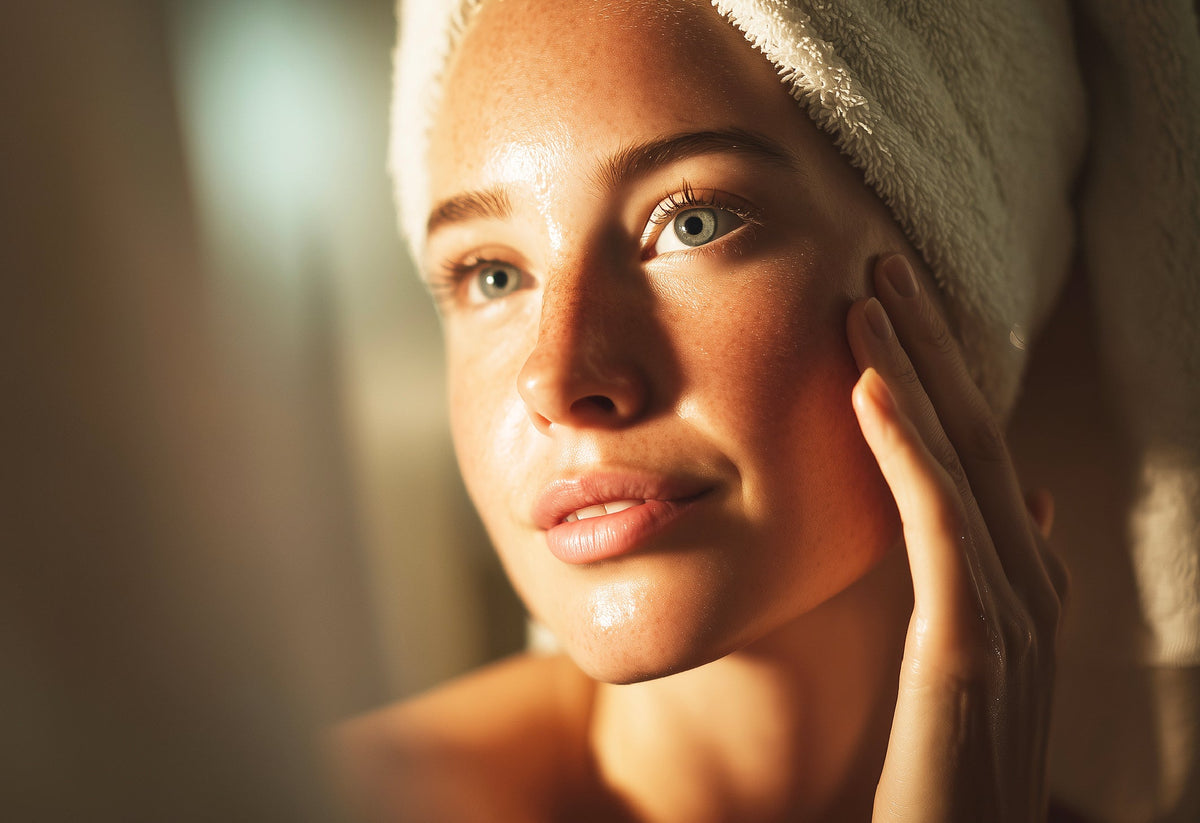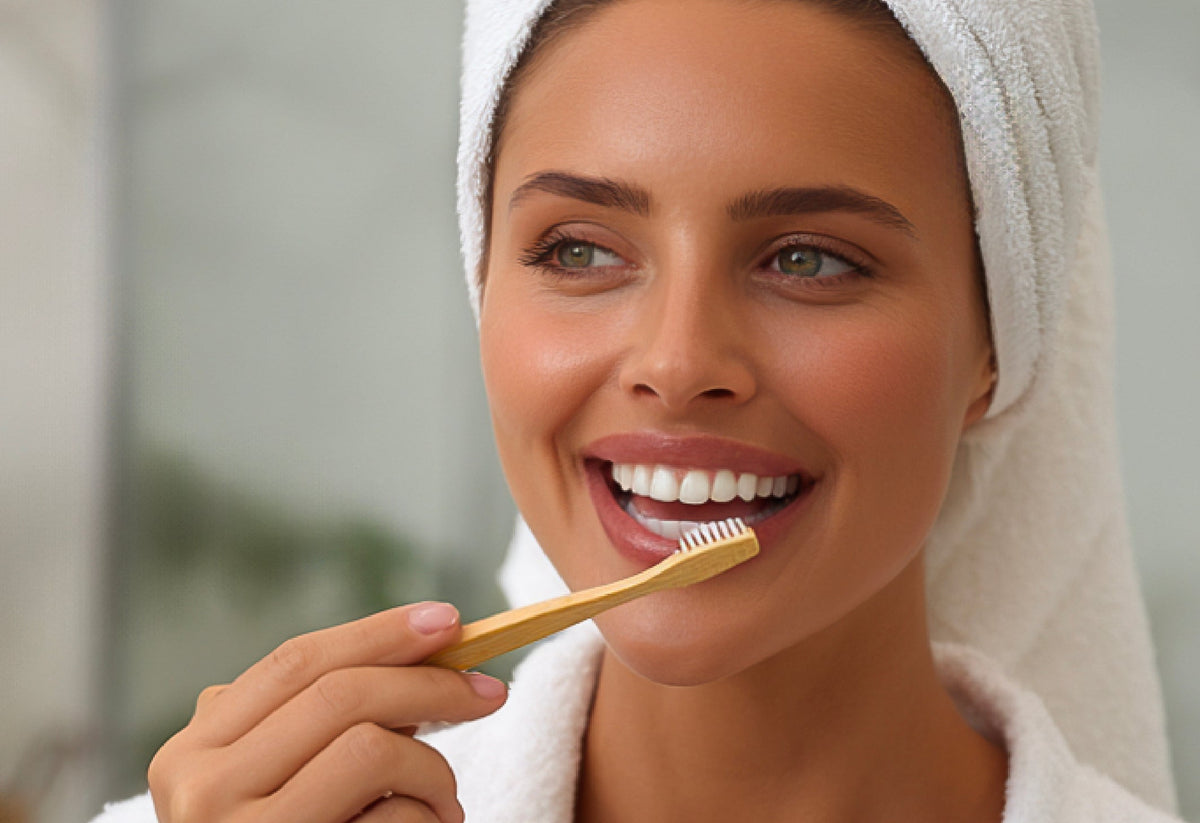Acne, one of the most common and distressing skin problems, is a condition many people experience, especially starting in adolescence. However, acne isn't limited to teenagers; it can also affect adults. We'll explain what acne is, its various types, such as inflammatory acne and blind acne, and explore how to get rid of it.
What is Acne?
Acne, commonly known as "pimples," is an inflammatory skin condition caused by the blockage of the skin's oil glands. It occurs on the face, back, chest, and shoulders. The primary causes of acne are overactive oil glands, dead skin cells clogging pores, and the proliferation of bacteria in this environment. When these three factors combine, they cause skin redness, inflammation, and pimples. Acne problems are common, particularly during adolescence, due to hormonal changes. Stress, poor nutrition, excessive use of oily products, and poor skincare habits can also exacerbate acne. Acne not only affects physical appearance but can also negatively impact a person's psychological well-being. It's important to consult a dermatologist for acne treatment and use appropriate skincare products.
What are Inflamed Acne and Blind Pimples?
Inflamed Acne: These are red, swollen, and sometimes painful pimples. This type of acne develops when pores become infected with bacteria. It can cause significant skin discomfort and requires careful treatment. This condition, especially common during adolescence due to hormonal changes, can lead to permanent scarring. If left untreated, the inflammation can spread further and negatively impact skin health.
Blind Pimples: These are hard, painful pimples under the skin, lacking a white tip. These pimples, invisible from the outside but deep within, become even more inflamed when squeezed, increasing the risk of scarring. These deep-seated infections can lead to more serious problems over time. To prevent blind pimples, it's important to maintain regular skin care and seek help from a dermatologist when necessary. Treatment of these types of pimples should not be neglected to maintain a healthy complexion.
How to Get Rid of Acne?
To clear up acne, you first need to follow a proper care routine and, if necessary, apply dermatological treatment. Here are some effective methods for combating acne:
Skin Cleansing
Wash your face twice a day with a gentle, non-irritating cleanser. Cleansing is essential for healthy skin. Overly harsh cleansers can cause your skin to produce more oil.
Correct Product Use
Products containing salicylic acid and benzoyl peroxide help unclog pores and reduce bacteria. Retinoids reduce congestion by accelerating skin cell turnover, resulting in smoother skin. To choose products that are right for your skin type, choose oil-free and non-comedogenic.
For those looking for natural skincare and organic facial products, you can visit the dedicated Bionaturca brand page. Prioritize your skin health and enjoy taking care of it with the right products.
Professional Support
Professional support is an important step in managing skin conditions. For severe or long-term acne, it's especially important to consult a dermatologist. A dermatologist can create an appropriate treatment plan based on your skin type and acne severity. This plan often includes medication. Treatment options may include antibiotics, hormone therapy, and, for more severe cases, isotretinoin. Each treatment is designed to control your acne and improve your skin health.
Not Squeezing Pimples
Squeezing pimples increases the risk of infection and can cause permanent scarring. Blind pimples, in particular, should not be squeezed. To maintain skin health, it's best to wait for pimples to heal naturally.
Nutrition and Lifestyle
A balanced diet is one of the key elements that supports skin health. Meeting body needs with the right foods helps skin look radiant and healthy. Adequate water consumption maintains skin's moisture balance. Water helps flush toxins and regenerate skin cells. Avoiding stress and getting regular sleep also positively impact skin health.
What is Good for Acne Scars?
Acne scars are a common skin problem, and there are various methods for getting rid of them. Chemical peels, which remove dead skin cells and accelerate skin renewal, help reduce the appearance of scars. Laser treatment is also an effective option; this method renews skin texture, reduces scars, and results in a smoother appearance. Microdermabrasion gently exfoliates the skin's surface, improving smoothness and even skin tone. For those seeking natural solutions, natural oils and serums, especially those containing aloe vera, tea tree oil, and vitamin C, can be beneficial in skincare. Retinoid creams can support skin renewal and reduce the appearance of scars.
Does Acne Go Away Completely?
Yes, acne can be completely eliminated. With proper treatment and care, acne can be controlled. However, each individual's skin type is different, so treatment should be personalized. Most people can completely eliminate acne. It's possible to minimize acne problems with regular skin care and expert advice.
Why Is a Blind Pimple So Painful?
Because blind pimples form in the deep layers of the skin, the pressure and inflammation stretch the skin. The inflammation in the deep layers pushes up toward the skin's surface. The pressure creates discomfort, and the pain increases as the pimple grows.
How Long Does It Take for Acne Scars to Fade?
The time it takes for scars to fade varies from person to person; some scars fade within a few months, while deeper scars may require professional treatment. Healing times vary depending on skin type, age, and genetic factors.
What Natural Home Remedies Are Helpful for Acne?
Honey has natural antibacterial properties that reduce skin inflammation. Aloe vera gel can soothe the skin and help acne heal faster. Tea tree oil is also an effective natural treatment for acne. However, it's important to remember that severe acne requires a dermatologist's recommendation, so it's important to seek professional help in addition to home remedies.
Are There Foods That Cause Acne?
Acne is a skin condition that can be triggered by many factors. Greasy and sugary foods can trigger acne in some people. Dairy products can also contribute to acne by increasing inflammation in sensitive skin. Monitoring your diet and avoiding triggering foods can be beneficial for maintaining your skin's health.
You May Be Interested In: What Is Good For Skin Irritation?





0 comments